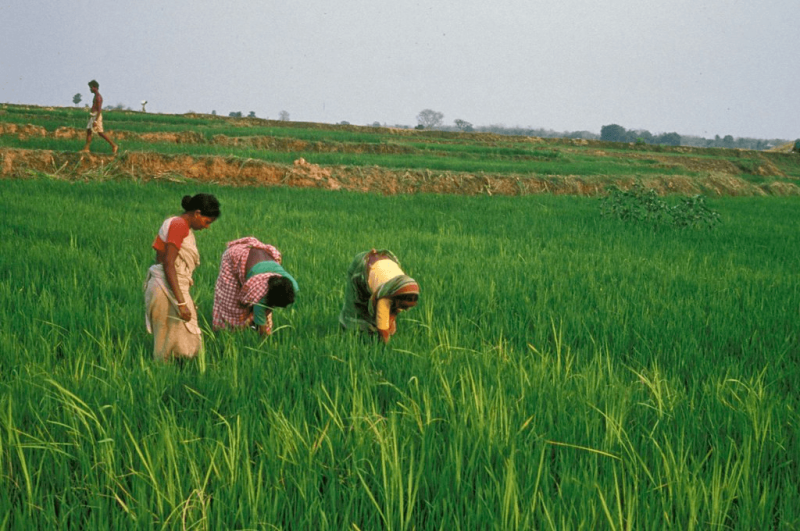Drought may be India’s greatest national security risk today. As serious droughts become more frequent, helping farmers grow more food with less water may be important for the country’s health and prosperity — and technology may make the difference.
In 2024, researchers will begin testing a drought-tolerant genetically engineered rice, the first of an expected five-year wave of new crops, many developed by India’s researchers using a powerful gene-editing technology, Crispr.
Crispr methods can accomplish in a year or less what formerly required a decade or longer, and at a lower cost. That timetable could easily accelerate as tools for biological research combine with machine learning.
Crispr crops present India with both unprecedented opportunities and great risks. On the one hand, India can, for the first time, own its food fate, producing and patenting new indigenous varieties that may support the needs of farmers.
…
On the other hand, as we suggested in The Driver in the Driverless Car, Crispr poses both known risks and unknown hazards. Researchers can — as they did in rapidly developing mRNA gene-transfer technology against the Covid-19 virus — outpace Mother Nature; but unintended consequences can be brutal and swift.































